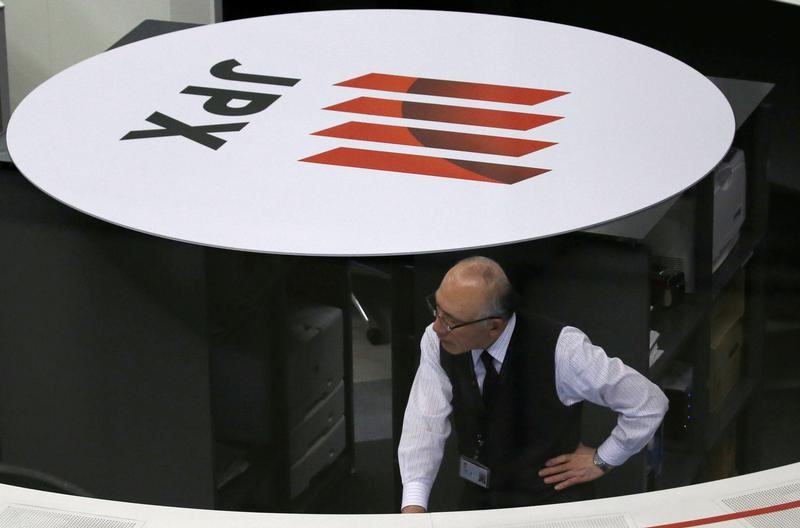This post was originally published on this site
https://i-invdn-com.investing.com/news/LYNXMPEE2T0DT_M.jpg
Investing.com– Asian stock markets sank on Tuesday, with the Nikkei logging steep losses after the Bank of Japan unexpectedly tweaked its ultra-dovish stance and struck a less accommodative tone than markets were expecting.
The Nikkei 225 index slumped nearly 3% to a two-month low after the BoJ widened the range within which it allows yields on the benchmark government bonds to fluctuate. The move lends some credence to recent speculation that overheated inflation in Japan will force the government to reassess the BoJ’s outlook on price pressures – a scenario that could eventually result in the central bank pivoting away from its ultra-dovish policy.
While the central bank maintained its record-low benchmark rates and its quantitative easing policy, fears of an eventual tightening in policy weighed on local stocks. Japanese markets have enjoyed an ultra-dovish stance from the BoJ for nearly a decade.
The signals from the BoJ rattled broader Asian markets, given that they come shortly after hawkish moves by several other major central banks. The Federal Reserve, European Central Bank and the Bank of England all raised interest rates last week, and signaled more hikes as they move to control runaway inflation.
The signals drove up concerns over a potential recession in 2023 stemming from high inflation and rising interest rates. This greatly battered sentiment toward Asian markets, putting them on a three-day losing spree.
China’s Shanghai Shenzhen CSI 300 and Shanghai Composite indexes fell 2% and 1.4%, respectively, after the People’s Bank held its benchmark lending rates at historic lows. While the move shows that the Chinese government is maintaining policy at accommodative levels, local stocks were sold off on uncertainty over a Chinese economic reopening, especially as COVID-19 cases in the country spike to unforeseen levels.
Technology-heavy bourses in Asia also logged steep losses on the prospect of higher interest rates. Hong Kong’s Hang Seng index and the Taiwan Weighted index tumbled around 1.9% each, while South Korea’s KOSPI shed 0.8%.
India’s BSE Sensex 30 and Nifty 50 indexes also fell 1% each as losses in major technology stocks weighed.
Most Asian markets are trading substantially lower for the year, as rising interest rates drove capital away from high-risk investments. Fears of a coming recession have also greatly battered hopes for a “Santa Claus” rally towards the end of the year.

